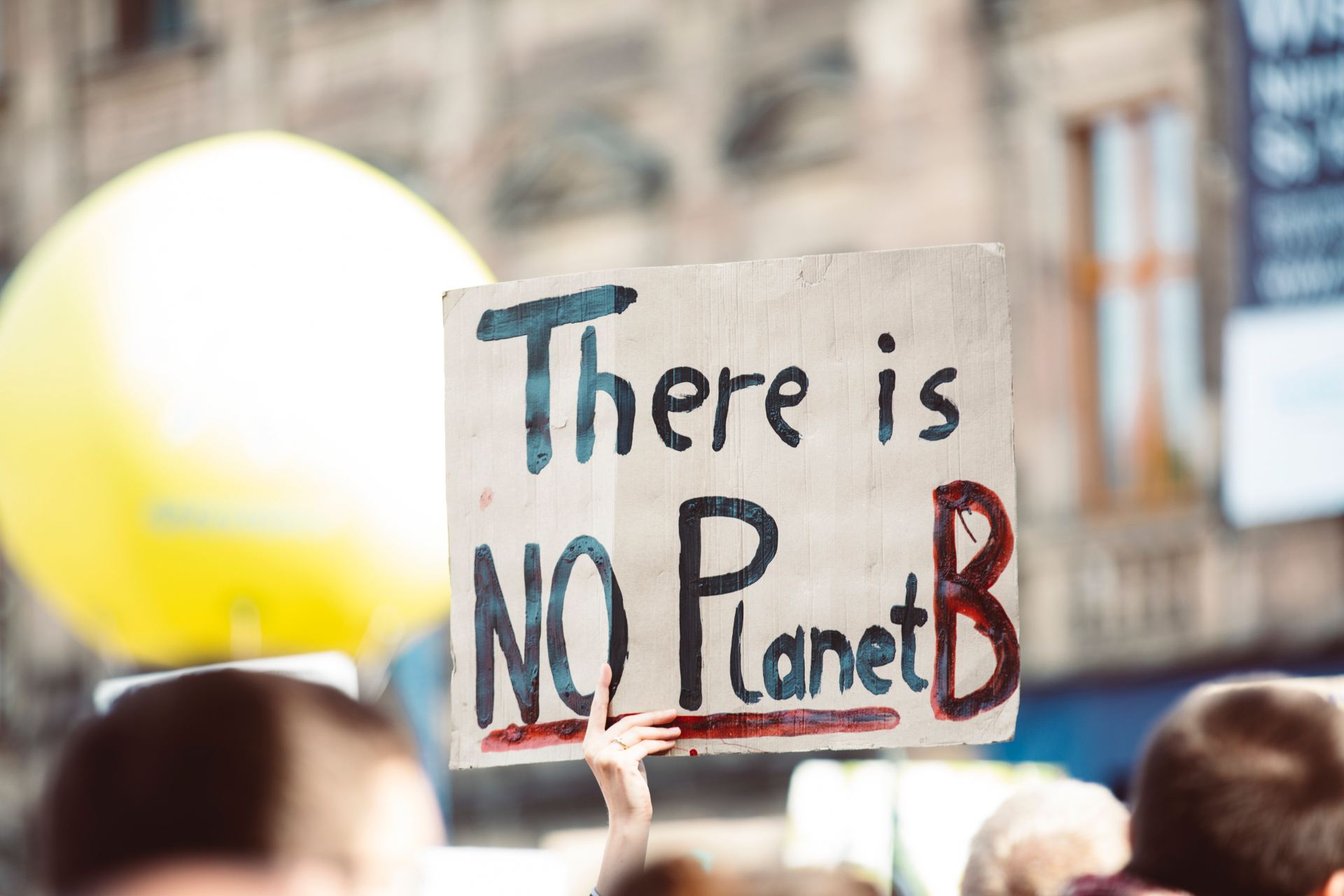UCL’s Centre for Behaviour Change relaunches the Environment & Behaviour Hub
By qtnvphi, on 1 August 2022

Last month UCL’s Centre for Behaviour Change relaunched the Environment and Behaviour Hub. Maria Lunetto highlights the aims of the hub and network, and invites interested groups and individuals at UCL to get involved.
What is the Environment & Behaviour Hub?
We are a member-led network for anyone with expertise or interest in understanding and changing behaviours that affect the environment. Our objective is to bring people together to connect and exchange skills, ideas, and resources.
Today we have more than 450 members from academia, the public and private sector. We share a monthly newsletter in which we spotlight a person, organisation, or project related to environmental issues and behaviour change and post job opportunities, events, and news. We also run a LinkedIn group, which allows members to ask questions, promote their work, and discuss ideas. In the past we have also led webinars and interviewed experts in sustainable behaviour change about how they use behavioural science in their roles.
Why Environment and Behaviour?
In order to successfully tackle sustainability challenges large scale behaviour change is needed. This includes individual consumer action, such as recycling, reducing meat consumption, and buying less products. More broadly though, it also includes behaviours that are not related to consumption, but that address the political landscape. For example, protesting, voting, and taking part in citizen assemblies are also behaviours that can help to address environmental challenges. However, behaviour change is not only required on the individual level but extends to the organisational and governmental level. In fact, the UK Climate Change Committee has estimated that 62% of emission reductions to meet the national net-zero target will rely on behavioural changes. The other 38% will come from low-carbon technologies and fuels. In reality, these also represent changes to human activity given that technologies and fuels are things used by people—in other words, 100% of reductions necessitate that people behave differently.
Using behavioural science to address climate change is a relatively new approach. It aims to explore why people behave in a certain way, and what hinders them to exert a different, potentially more environmentally friendly behaviour. Based on these insights, behavioural scientists/designers/architects (there are many names out there) design interventions that are specific to the context and the people that interact with them. For example, governments may want to prompt citizens to use less energy. In a context where people are relatively wealthy, strategies around highlighting the estimated lifetime running costs of appliances may not be effective. Changing default options to more energy saving settings or benchmarking one’s own consumption against that or peers (e.g., messaging ‘Your energy consumption is higher/lower than that of most of your neighbours.’), however, could achieve impact at scale.
Understanding and tackling behavioural sustainability challenges can be very complex. They often include a multitude of people with diverging interests and understandings of the problem and the desired outcome is not always clear. Given this complexity, we wanted to crate a platform where people interested in the field, regardless of whether they work in academia, the public or the private sector, have a chance to exchange experiences and resources or find partners for collaboration.
If this sounds like something you would be interested in feel invited to join our LinkedIn group or subscribe to the monthly newsletter. If this is not enough for you and would like to get involved in running the Environment & Behaviour Hub, feel free to send an e-mail to maria.lunetto.19@ucl.ac.uk.
 Close
Close

